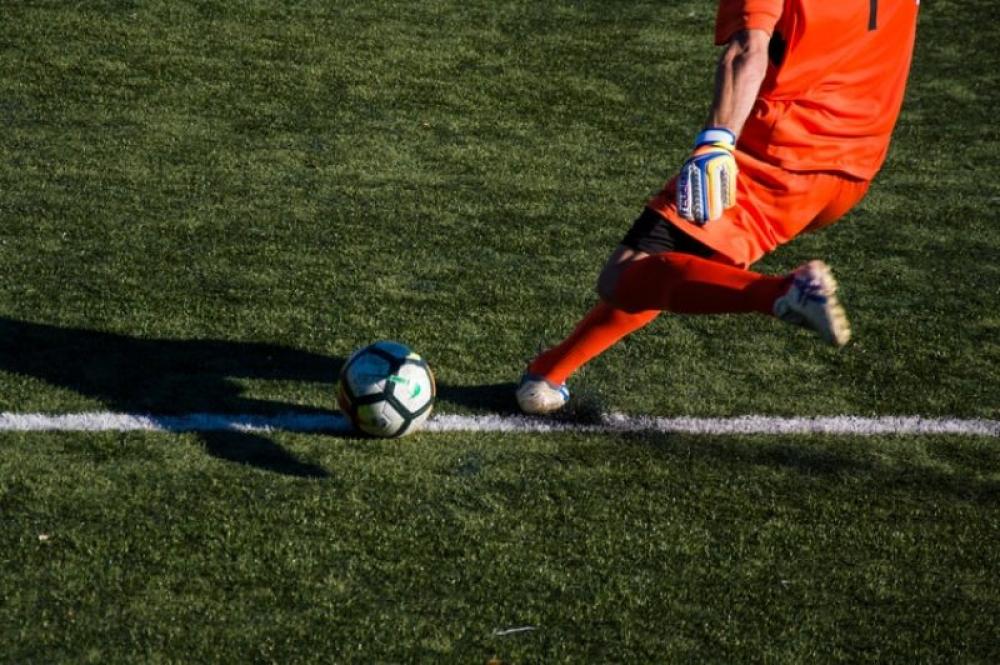Just Earth News | @justearthnews | 09 Dec 2020, 05:06 am Print
 Racial Discrimination
Racial Discrimination Image: Unsplash
Moscow/Sputnik: The Football Against Racism in Europe (FARE) group told Sputnik on Wednesday that it considers the incident at the Champions League match between French and Turkish football clubs Paris Saint-Germain and Istanbul Basaksehir as "unintentional racism," also expressing the belief that the players' walk-off is a proof that many of them are already tired of half measures.
The Group H match in Paris was interrupted in the 16th minute. One of the decisions of the chief referee, Ovidiu Hategan, caused an emotional reaction on the bench of the Turkish club.
The referee asked an assistant for clarification, who pointed to Demba Ba, calling the player "negru".
One of the meanings of this word translated from Romanian is "black". Both teams eventually left the pitch.
The Union of European Football Associations announced that the game would be completed on December with other referees.
"Our colleagues at the Romanian state anti- discrimination body have confirmed it is racist in Romanian to refer to a player by using his race as an identifier. There is no ambiguity. This incident shows the need for much better training of match officials. Unintentional racism is still racism.
If officials cannot set the standards by their own behaviour they cannot be relied on to deal with racism on the pitch or in the stands. The walk off by both Basaksehir and PSG together lays down a marker in Europe. Many players are fed up with half measures to tackle racism and are more prepared than ever before to exercise their right to stop a match," FARE said.
- Viral Irish food bank photo sparks shocking racist attacks on Indians
- Caught on camera: Two foreigners assaulted in Israel in an alleged racial attack
- Pakistan: Parents heartbroken after court sides with man accused of kidnapping minor Christian girl
- Pakistan: Trafficked 35 years ago, Bangladesh-born woman approaches court against FIA for offloading her from flight!
- Hindu tea worker found bound and bloodied in Bangladesh garden during general elections; investigation underway





-1763561110.jpg)
